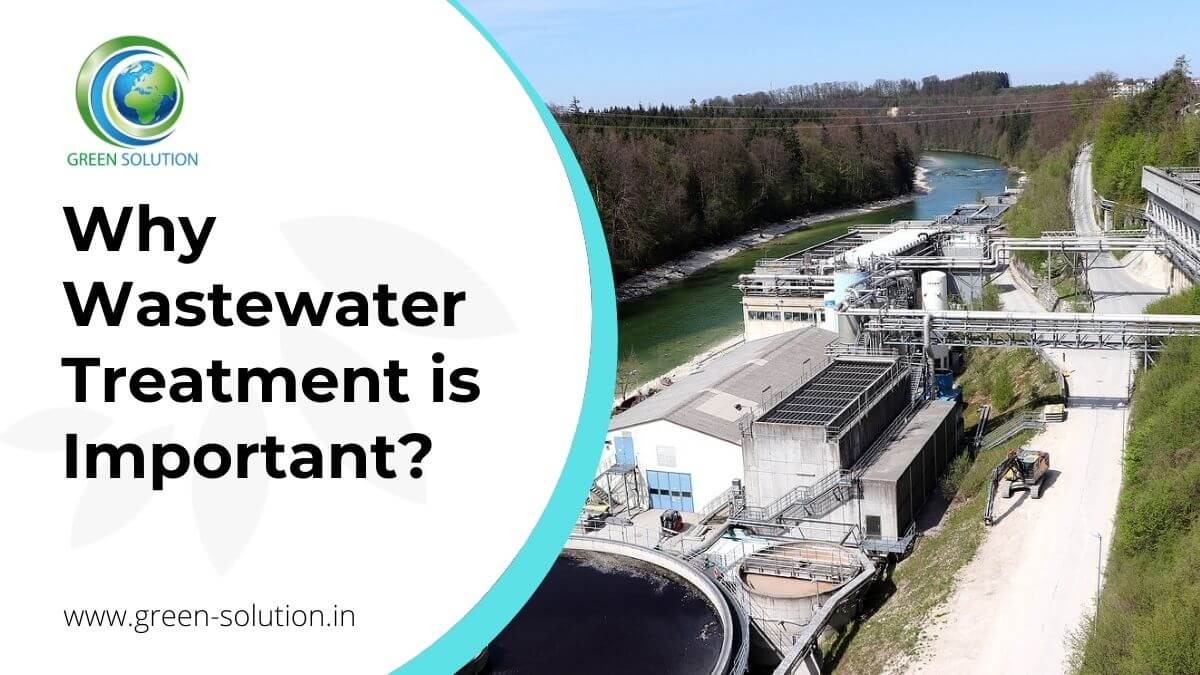The Facts About Reclaim Waste Revealed
Table of ContentsThe Definitive Guide for Reclaim WasteThe Single Strategy To Use For Reclaim Waste4 Simple Techniques For Reclaim WasteReclaim Waste Fundamentals ExplainedSome Known Questions About Reclaim Waste.
Explore the kinds, incidents, and kinds of fluid waste. Domestic sewer waste refers to the waste and products from a household septic storage tank. This type of waste is created by people in houses, schools, and various other structures. This only includes septic systems that have a drain field. The correct monitoring and disposal of domestic sewage waste require liquid waste to be moved to a sewage therapy plant where the appropriate approaches and devices are related to cleanse and take care of waste.
Industrial waste typically includes possible risks, such as flammable products or a combination of liquid and strong waste items, and requires a much more advanced and in-depth disposal procedure. The disposal of business waste usually entails the filtration of waste before transport to guarantee risk-free and proper disposal. Industrial waste is created from by-products and drainage of industrial processes and production.
This type of waste can not utilize the exact same sewer management transport or procedures as septic or commercial liquids. The hazardous waste management procedure calls for the inspection and testing of liquid waste before it goes through the disposal procedure (liquid waste removal). Overflow waste is the liquid waste that comes from overflow and excess stormwater in extremely inhabited areas or cities
Overflow waste can trigger contamination and flooding if not managed effectively. Discover more concerning sewage system cleansing and waste administration. Ensuring proper waste management can protect against disasters and reduce ecological harm. Both people in property setups and specialists in industrial or production industries can gain from recognizing the procedures and guidelines of liquid waste management.
Getting My Reclaim Waste To Work
Call PROS Solutions today to find out about our waste management and disposal services and the correct methods to look after the liquid waste you generate.
(https://www.ted.com/profiles/48198485/about)Do you understand what happens to your water when you disengage, purge the toilet or drain pipes the washing machine? No? Well, it deserves understanding. This so-called 'wastewater' is not just a vital resource however, after treatment, will certainly be released to our land, rivers or the ocean. Utilized water from toilets, showers, bathrooms, kitchen area sinks, washings and industrial procedures is called wastewater.

water utilized to cool down machinery or tidy plant and equipment). Stormwater, a kind of wastewater, is runoff that streams from agricultural and metropolitan locations such as roofing systems, parks, yards, roads, courses and seamless gutters into stormwater drains pipes, after rain. Stormwater flows neglected straight to local creeks or rivers, ultimately getting to the ocean.
The Best Strategy To Use For Reclaim Waste
In Queensland, the majority of wastewater is dealt with at sewage therapy plants. Wastewater is delivered from domestic or commercial websites with a system of drains and pump stations, known as sewerage reticulation, to a sewer therapy plant. visit this web-site City governments construct, maintain and run most sewer treatment plants. Operators are licensed under the Environmental Management Act 1994 to discharge cured wastewater at an appropriate environmental requirement into waterways.
The Division of Natural Resources suggests city governments about handling, operating and preserving sewage systems and therapy plants. In unsewered areas, city governments may require owners to install individual or household sewer therapy systems to deal with domestic wastewater from toilets, cooking areas, restrooms and laundries. The Department of Natural Resources authorizes making use of family systems when they are shown to be efficient.
In some brand-new class, treatment of some stormwater to get rid of litter, sand and crushed rock has actually begun utilizing gross pollutant traps. Wastewater treatment happens in 4 stages: Removes strong issue.
Wastewater then moves into huge tanks where solids resolve and are eliminated as sludge. Oil and scum are skimmed from the surface. Uses small living microorganisms knows as micro-organisms to damage down and remove staying liquified wastes and fine bits. Micro-organisms and wastes are included in the sludge. Removes nitrogen and phosphorus nutrients that could trigger algal blossoms in our waterways and intimidate aquatic life.
6 Simple Techniques For Reclaim Waste
Nutrient elimination is not readily available in any way sewer therapy plants due to the fact that it requires expensive specialised equipment. It is becoming more common in Queensland. Clear fluid effluent generated after therapy might still consist of disease-causing micro-organisms. If this effluent is launched into rivers such as rivers or the sea, the micro-organisms will at some point pass away out.

A lot of wastewater flows into the sewage system. Under the Act, regional federal governments provide authorizations and licences for eco appropriate activities (ERAs) including wastewater releases that could have a regional influence.
Not known Details About Reclaim Waste
Or else, samples are taken for laboratory evaluation. Typically several tests are required to develop the levels of each of the different toxins such as oils, heavy metals and pesticides in water. Tracking gives factual information about water high quality and can verify that permit problems are being met. The info gotten via monitoring supplies the basis for making water top quality choices.